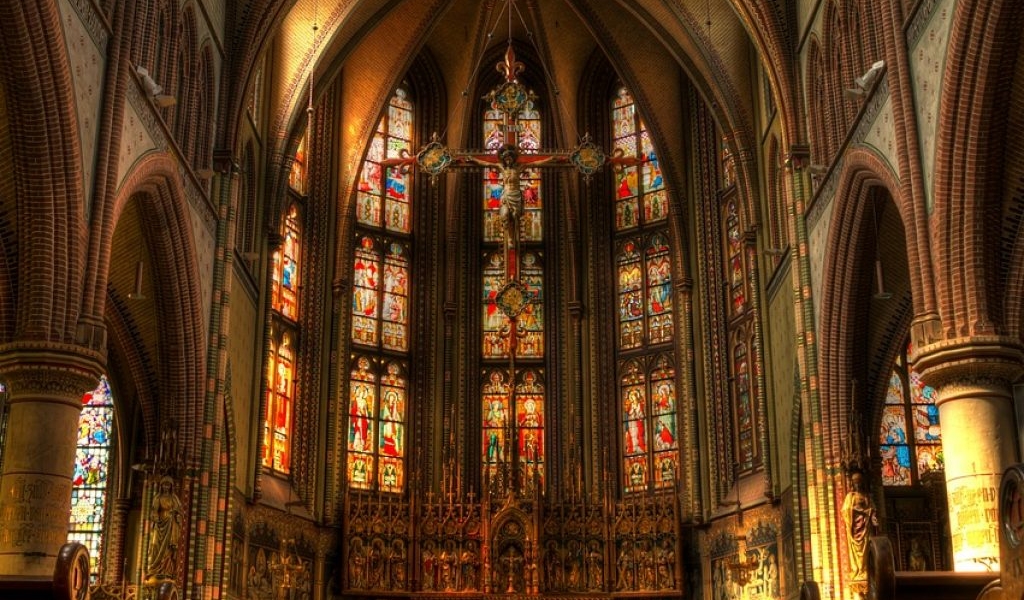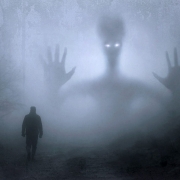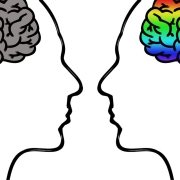Do you experience God? Or, is God a concept to you? Or, perhaps God is not something that matters to you.
Some people worship very small gods like the god of opinion or the god of money, power, status, and success. Some relate to God as a concept. Others experience God. And some deny the existence of God.
As a mentor and grief counselor, I hear a lot about people’s deepest beliefs and fears. I am particularly fascinated by how a belief in God is expressed in how people live their lives.
What does it mean to believe in God? In its broadest sense, it means having a worldview that includes the existence of God.
Here are three attempts to define God in words:
- Oxford Dictionary: “In Christianity and other monotheistic religions, the creator and ruler of the universe and source of all moral authority; the supreme being.”
- Merriam-Webster Dictionary:“The supreme or ultimate reality: such as the Being perfect in power, wisdom, and goodness who is worshipped (as in Judaism, Christianity, Islam, and Hinduism) as creator and ruler of the universe.”
- Internet Encyclopedia of Philosophy: “Much of western thought about God has fallen within some broad form of theism. Theism is the view that there is a God which is the creator and sustainer of the universe and is unlimited with regard to knowledge (omniscience), power (omnipotence), extension (omnipresence), and moral perfection. Though regarded as sexless, God has traditionally been referred to by the masculine pronoun.”
I find it interesting that we define God in human terms and with human attributes and aspirations. It is difficult to formulate ideas about God without imagining God to exist in within space and time. We are likely to get caught up in a “Where’s Waldo?” kind of speculation about the placement of God. Is God outside of us and/or within us? When God is perceived in man’s image and attributed a pronoun, we limit God by our cognitive capabilities and imagination. This line of thinking omits the possibility of a formless and unfathomable God.
Whatever our conception of God may be, it is important to recognize that God is not validated into existence by our belief.
There are many things that we do not or cannot know. This is the territory of faith, trust, and surrender. Some people lose faith in God when things happen that they do not understand or are unable to comprehend. For example, when a child dies. Some people lose their faith saying, “What kind of a god would let a child die?” Others give up on God because they cannot abide by the hard knocks they have encountered in their lives. They stop believing in God because they have a stronger belief that God has failed them. So, they fire God and declare themselves the god of their life. These gods are way too small.
When someone finds little or no interest in spiritual matters, that does not mean that these dimensions do not exist. As professed by the Delphic Oracle, expressed in the teachings of Dutch Renaissance humanist, Desiderius Erasmus, and carved over the front door of the eminent psychologist Carl Jung —
“Bidden or not bidden, God is present.”
For Jung this statement served to remind those entering that awe of the Lord is the beginning of Wisdom (Psalms 111.10).
Many do not believe in the existence of a creator of this world and all who exist in it. Others recognize a mystical quality to life that awakens and inspires a sense of spiritual mystery and an aspiration to goodness.
My awareness of God is constantly evolving and God remains fundamental to my worldview. My understanding of myself as a spiritual being has evolved from conceptual to experiential.
As a child, I thought of God as a fatherly man in a white robe. He lived on a cloud and ran the whole world. That god, conceived by man, in the image of man, became too small for me. The God I speak of now is not limited by human vocabulary, form, or imagination. I no longer try to conceptualize God, I experience God to be something greater than us that has us. I live with an awareness of God’s presence.
As I awakened spiritually, I came to know myself as a soul among other souls having human experiences. In the higher levels of consciousness above my ego, I came to know myself to be an individuated aspect or expression of the divine that cannot be created or destroyed.
It is interesting to note that in both Greek and Hebrew soul means breath or life.
Now, even my perceived identity as a soul is giving way into the divine as a pervading oneness. I have come to know God as the source of my life, my breath, and my multi-dimensional existence as a soul, body, and consciousness. I experience God as oneness and a creative, purposeful force of all we experience.
The Hebraic name for God, hu, is said to express the vibrational frequency of God in such a way that it causes the soul to yearn to go home to the heart of God.
While I believe that we all are essentially divine beings, it is apparent that we have varying degrees of awareness of that reality. And, when we are not aware of something––it is as though it does not exist for us. And, we function accordingly.
In his book, The Idea of the Holy, German theologian Rudolph Otto ponders how we are to stand in relationship to God. He concludes that we should stand before God in drop jaw awe – beyond words and concepts. When we realize that God is beyond our comprehension, we stand at the edge of our unknowing either in fear or trust, depending on whether we imagine a wrathful or a loving God.
Unique perspectives of spiritual awareness are activated in different individuals. I believe that one’s level of awareness is perfect for whatever that individual is doing in this lifetime. It is not better or worse than the level of awakening of another person.
I remember two weeks before my mother’s death when she had a profound spiritual awakening. Her relationship to God was upgraded from a conceptual belief in God to knowing experientially that God was breathing her. She urgently wanted everyone in the world to know because, as she explained:
“People will want to live their lives differently.”
If you would like to know more about me and my work, please explore my website here.














